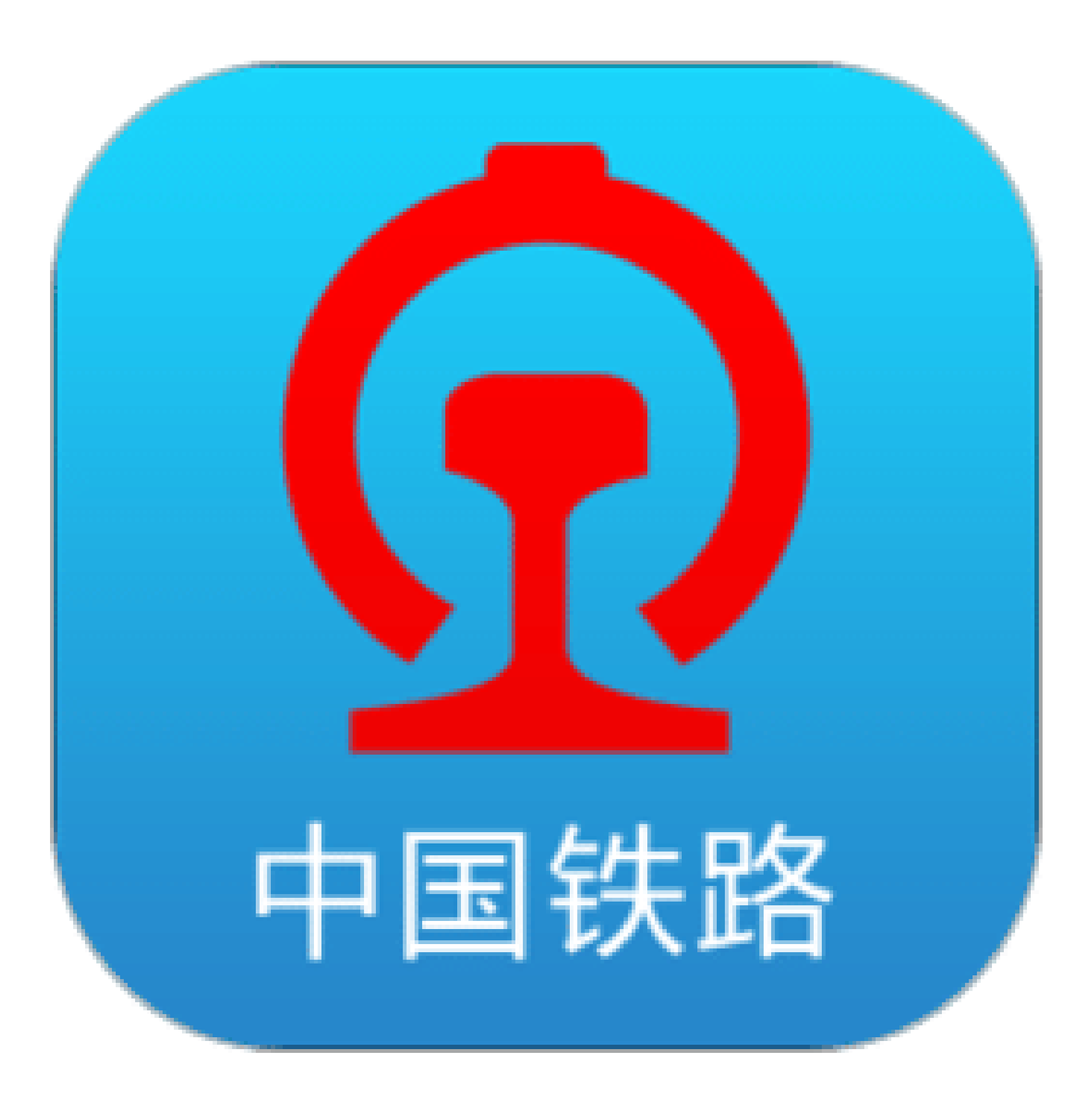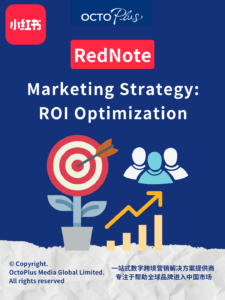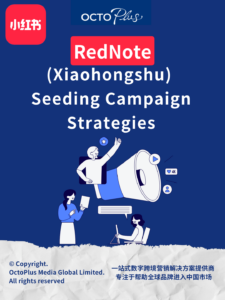China Marketing Research - China Social E-commerce Ecosystem 2019
Social e-commerce has been increasingly popular in recent years. In EO Intelligence’s “2019 China Social E-commerce Ecosystem Study Report”, it explains how social e-commerce is categorized and how each type has developed. We’d like to take a quick look at the most important parts.
China e-commerce industry overview
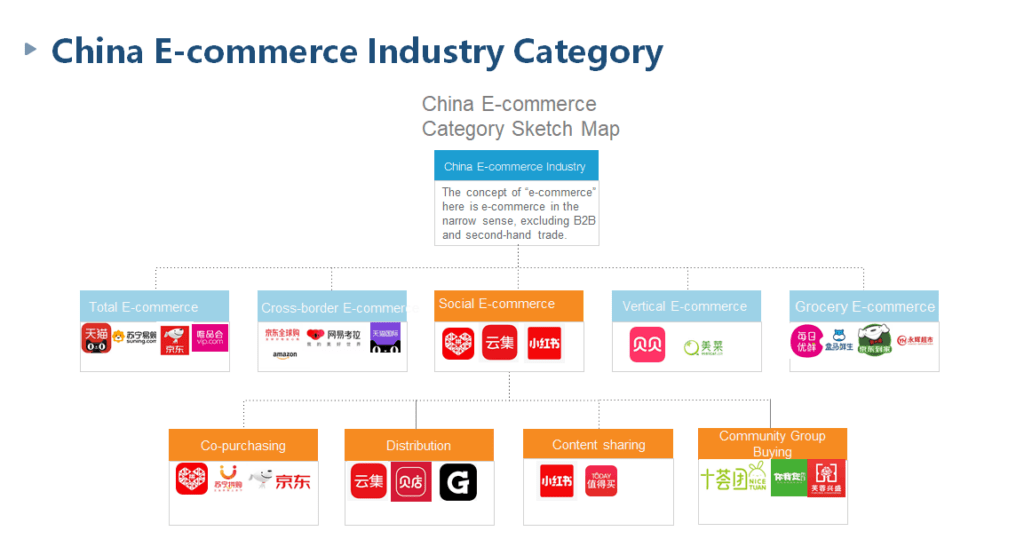
China social e-commerce overview
Looking at how social impacts e-commerce, social e-commerce can be categorized into four types: 1. co-purchasing (mainly impacts sharing and spreading), 2. distribution (mainly impacts sales model), 3. content sharing (mainly impacts purchase decision-making) and 4. community group buying (mainly impacts needs obtaining).
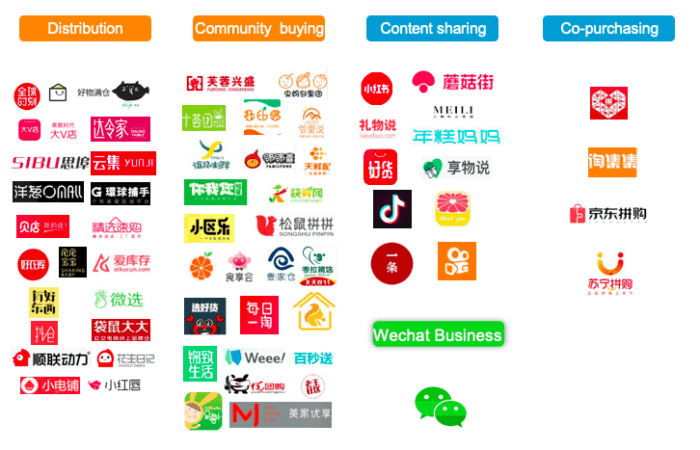
In comparison to consumers’ purchase flow in traditional e-commerce and social e-commerce, the biggest difference in social e-commerce is: 1. social behavior can arouse purchase needs and 2. trust mechanism accelerates purchase efficiency. This is how social contributes to spreading and promoting.
The core value of social e-commerce: User management, the implementation of direct traffic, retention and monetization

Social e-commerce achieves the transformation from search-based to discovery-based purchase, and reconstructs the relationship between “consumers, goods, and shops.”
It has the characteristics of decentralization, discovery-based purchase, user initiative, rich scenes, etc., which achieves direct traffic, monetization and retention of full-closed loop, low customer acquisition costs, high shopping conversion rate, and breaks the monopoly of traditional e-commerce giants.
Content implements user structuration

User structuration
Gather a group of users who share the same lifestyle, aesthetic pursuit and interest.
Operation model
Sharing lifestyle experiences like beauty travel, fashion through live streaming, short video, articles with images, etc.
Advantage
Form discussions spontaneously, and build communities thus stimulate buying impulses. Strong user stickiness will accumulate a lot of content.
Product Source
- Brand
- Manufacturer
- Supplier
- OEM/ODM
Through the output of community content, users rely on social fission to achieve growth, shaping the price of traffic under depression effect. The user lifecycle is longer than the traditional e-commerce. The user is not only the buyer or the promoter, but also implements more user retention in the process of re-marketing.
Would like to read the full report? Download it from here .
Feel free to talk to us
It’s a team with one single shared goal, which is our client’s success. Deliver results for your business now.























